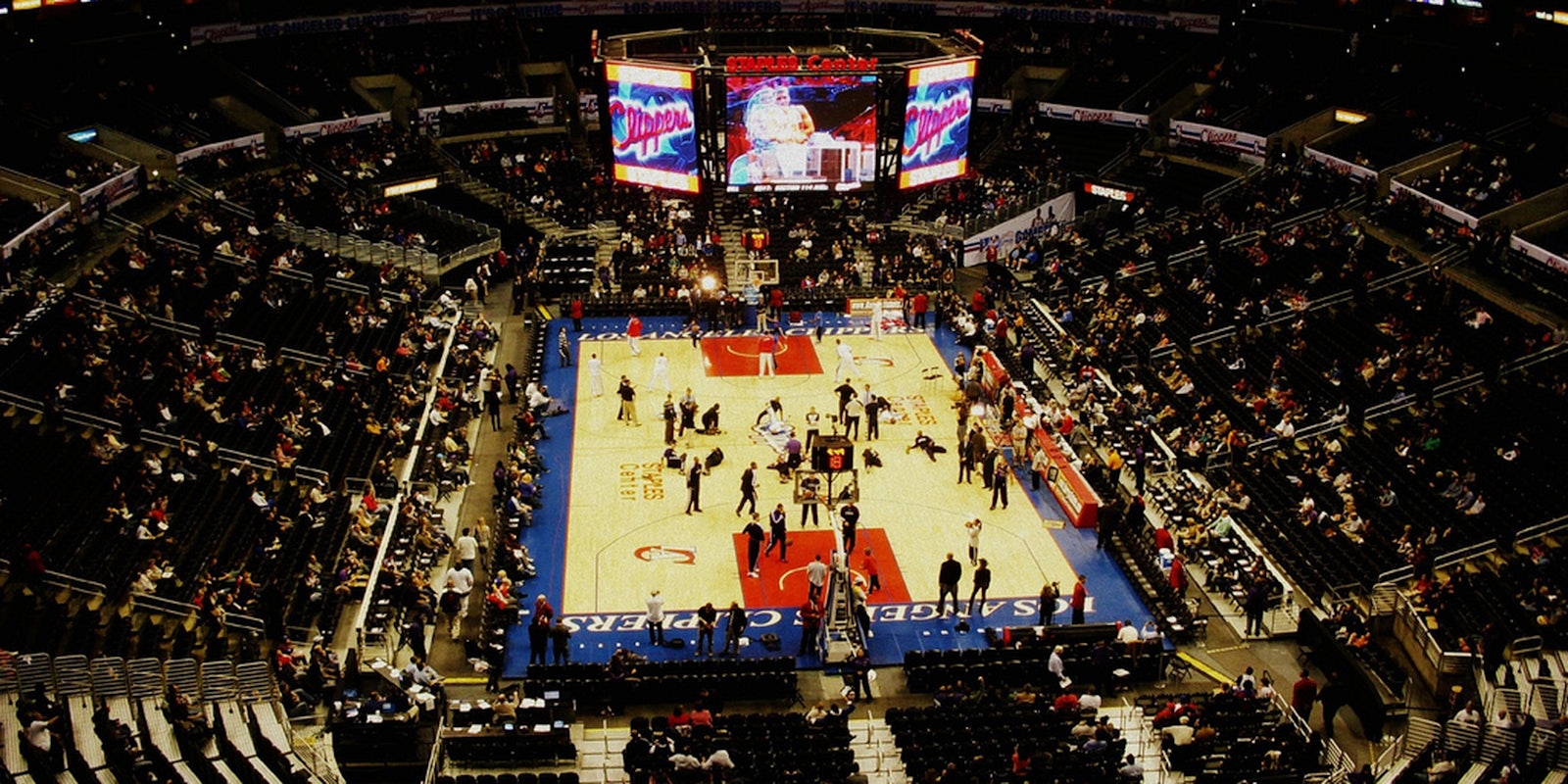In January, the Los Angeles Clippers franchise was worth an estimated $575 million. Now, though, as Donald Sterling has to sell the team, most experts think it will go for close to $1 billion. Somewhere a conspiracy theorist is thinking: “This whole thing was planned. Donald Sterling orchestrated the scandal to make an extra $400 million.”
The forced sale of the team has led to an auction scenario, wherein the highest bidder gets the team. Vanderbilt University economist John Vrooman told me, “In an auction, the winning bid is always the highest bid and not the average or most accurate bid.” Even if the $575 million estimate is low as Vrooman and Nate Silver suggest, the fact that prospective owners will be bidding back-and-forth means the team’s price will quickly inflate beyond its true worth.
Vrooman continued, “The amount of the bias (overbid) depends on the uncertainty about the true value of the asset and the number of bidders and the artificial scarcity of viable NBA franchises. All three pre-conditions are perfect for a high bid that exaggerates the sale price.”
When I asked University of Chicago economist Allen Sanderson about what could happen he mentioned a similar circumstance: “Everyone knows Sterling has to sell, which could lower the market value, but also he knows that the NBA wants to unload the team, which increases his bargaining/negotiating power and could increase the selling price.”
Realistically, the NBA is in the more vulnerable position because they need the sale to happen. If it doesn’t, the legal and logistical struggles they face will be an embarrassing and lasting blemish for the sport. Sterling has the high ground.
The further the Clippers get in the playoffs, the more money the team makes from direct revenue like ticket sales. That being said, both economists think that a successful postseason run would not significantly increase the worth of the Clippers.
Vrooman notes though, “This is only the third season in the playoffs for the once obscure Clippers, but the core talent and coach are in place. If they can get by the Oklahoma City Thunder then swagger and street cred can turn into true brand value.” This new brand identity is important to consider because the franchise would be selling for a fraction of the price if the scandal happened a decade ago. The team was so terrible for so long that in 2005 it was valued at only $224 million.
Rumored buyers include Oprah Winfrey, David Geffen, Larry Ellison, Magic Johnson, and Matt Damon, all of whom are noted philanthropists. Are these celebrities truly willing to overpay for a franchise knowing the man profiting is a racist?
There is no legal way for the NBA to ensure Donald Sterling gets a lower, reasonable price for the team. Only the bidders can prevent the “winner’s curse” from happening. Simply put, they should be careful not to overpay and be aware that the more people who participate in the auction, the more Donald Sterling will get for the team.
My straightforward plea to these potential bidders: If you want to buy a basketball team, look elsewhere. But if you have to buy the Clippers, don’t pay $1 billion. There are better places for your money than a bigot’s wallet.
